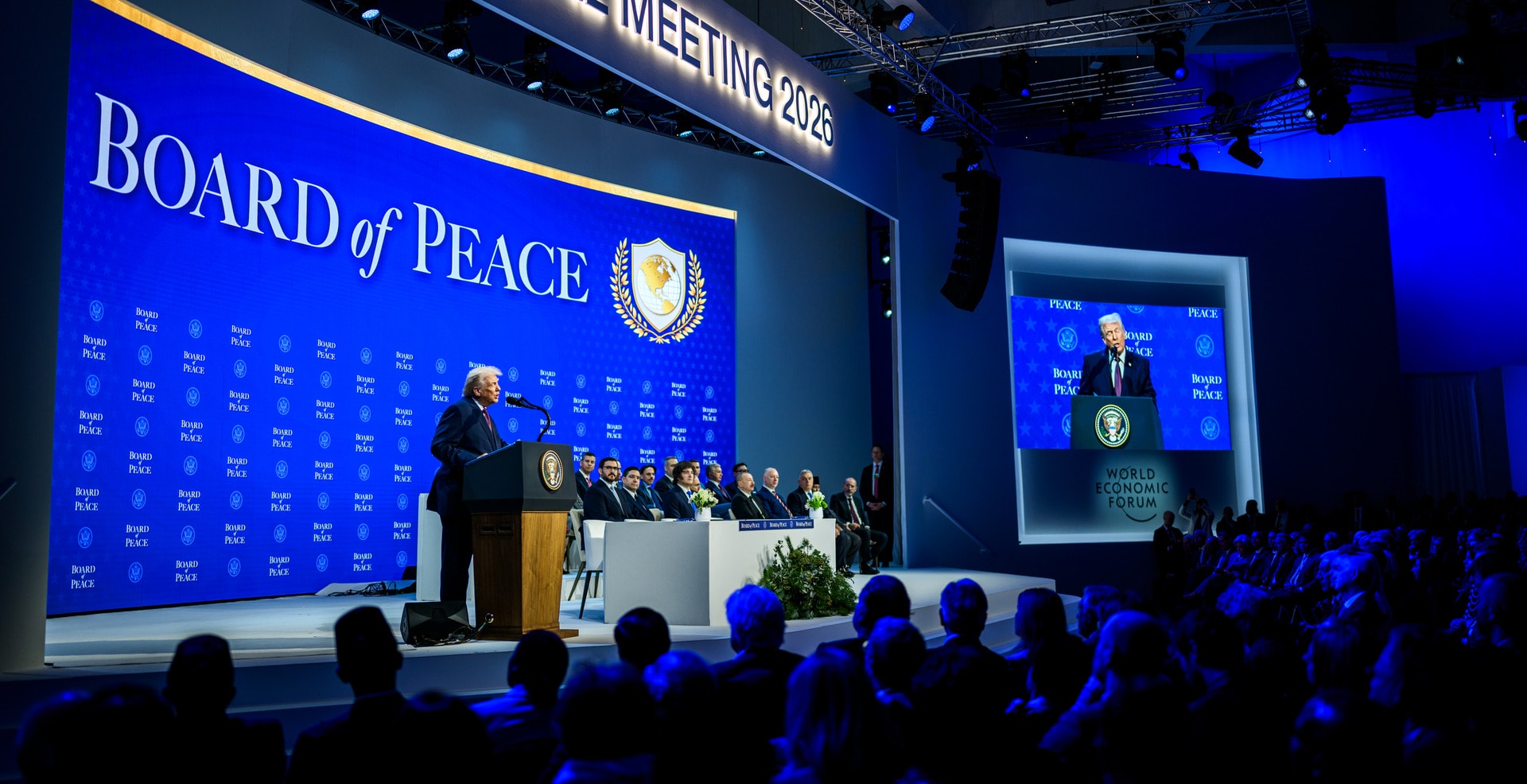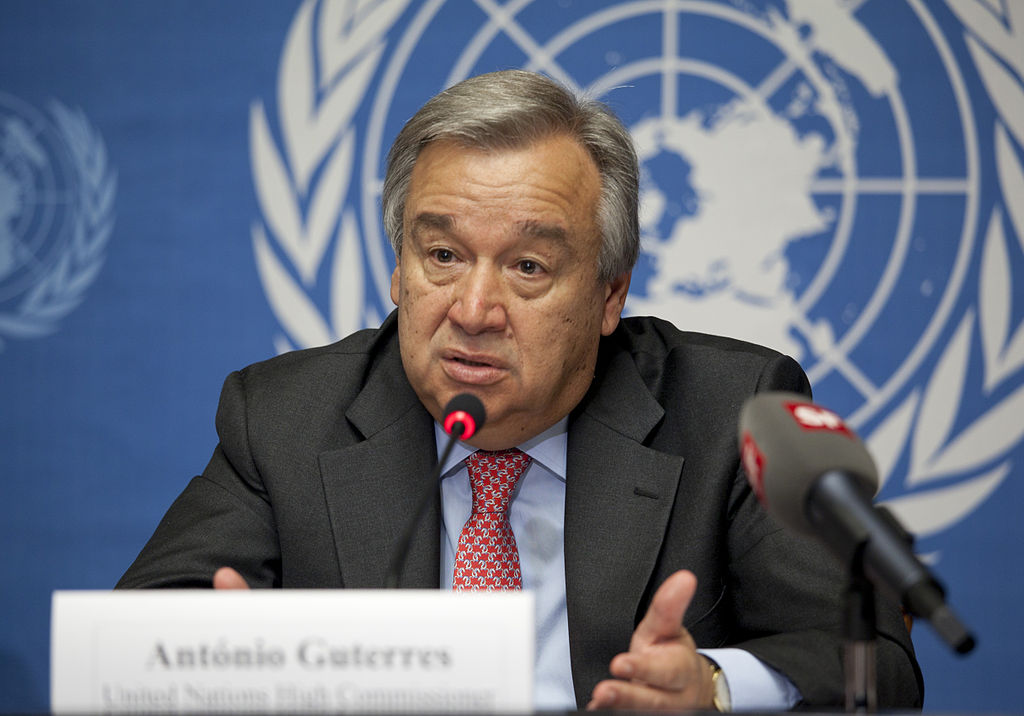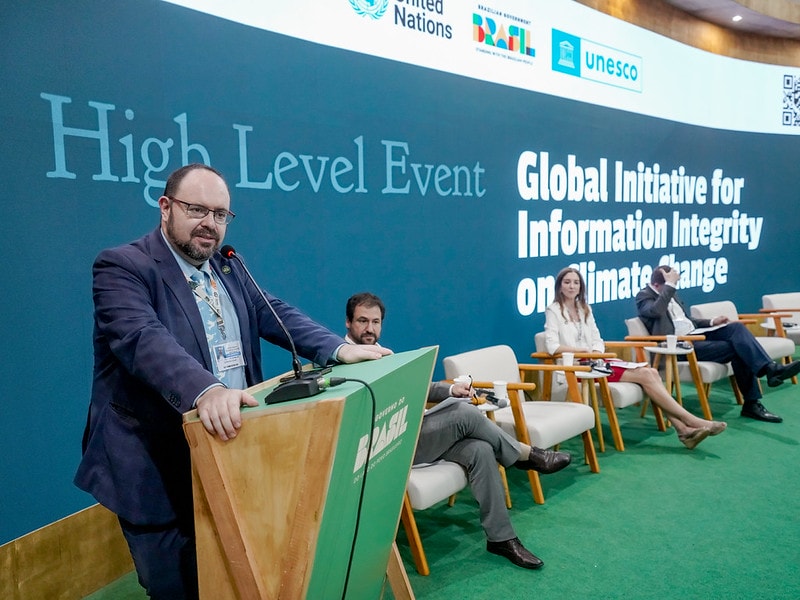Toilets are something we seldom think about, unless we’re in desperate need of one. It may sound funny, but toilets are the most overlooked human right. Every year, over 360,000 children die from preventable diseases caused by poor sanitation. In the west, we tend to take toilets for granted, but in developing countries, 2.3 billion people live without access to toilets, of which 1 billion still practice open defecation. To put things into perspective, more people have mobile phones than toilets. Such is the scale of the problem.
By now, you’re probably thinking: If this is such a massive problem then why haven’t I heard anything about it? Well, in the immortal words of Michael Jackson “you are not alone”.
The global sanitation crisis is a “silent crisis” that has claimed more casualties through illness than any war. Yet it remains on the peripheries of global media coverage and in the background of public attention.

In the Photo: Toilets are something the west takes for granted Photo Credit: Gilles Desjardins
Three main factors have helped to prolong the silent nature of the crisis:
- The Toilet Bias: most people in developed countries are lucky enough to use a toilet whenever they want, which means they don’t feel the need to think or talk about them
- Toilets aren’t sexy: compared to other causes like water, food or education – toilets are seen to be a less interesting pursuit and therefore receive less attention and investment
- The Toilet Taboo: many people and cultures are too shy or embarrassed to talk about toilets, which only perpetuates the silent nature of the issue
In 2013, The United Nations decided to set up World Toilet Day as an official UN observance day – created to raise awareness and inspire action to tackle the global sanitation crisis. Evidence shows that investing in safe sanitation is key to supporting a healthy environment, women’s empowerment, global education and stronger economies. Whereas, unsafe sanitation leads to the spread of waterborne diseases cholera, diarrhoea, typhoid and dysentery. In short, toilets are important, and they deserve their own official day of observance.

In the Photo: Safe Sanitation provides the basis for many other forms of development Photo Credit: UN-Water
Two years later, the UN established the Sustainable Development Goals, a blueprint to achieve a better and more sustainable future for all. The Goals address the global challenges we face, including those related to poverty, inequality, climate, environmental degradation, prosperity, and peace and justice. Goal 6 calls for clean water and sanitation for all since extreme poverty and lack of sanitation are statistically linked. Therefore, achieving universal access to a safe toilet is paramount to eliminating poverty. Currently speaking, the world is not on track to reach Sustainable Development Goal 6 (SDG 6) on Water and Sanitation by the deadline set for 2030, according to a new UN report. That’s unless we shake things up and start doing something about the status quo.
To mark World Toilet Day 2018, we partnered up with UN-Water to raise awareness and donations for a local charity via a global creative campaign. Why a creative campaign I hear say? Well, it’s pretty clear that we can’t create a better world through policy alone, human knowledge is limited, it’s our imaginations which carry unlimited possibilities. In the wise words of the creative genius that is George Lois “creativity can solve almost any problem, the creative act, the defeat of habit by originality overcomes everything”.
Our challenge was a tough one, we were tasked with making the people of London see the humble toilet in a completely new light. This meant grabbing their attention, making them aware of the problem and re-framing toilets as a cause which they can easily connect and donate to. Not an easy task considering that Londoners are donating less time and money than five years ago.

In the photo: The creative campaign certainly grabbed attention Photo Credit: The People
The creative campaign was founded on an untold truth…the global sanitation crisis claims more casualties through illness than any war. The word insight gets over-used in the world of marketing and communications, but this was a true insight – something which changes the way one thinks about the problem. Upon further research we realised that in fact: Diarrhoea kills 10 times as many people as war – a shocking statistic, an invisible crisis and untold truth. We knew that with the right powerful image, the creative campaign could have a long-lasting impact on the hearts and minds of Londoners. The Big Idea, that’s what we had, an amazing feeling, you know a Big Idea as soon as you see it, more importantly, it we had a Big Idea for a good cause.
In the 21st century, diarrhoea is still a leading cause of child mortality, despite being preventable. To make matters worse, lack of decent hygiene facilities discourages pupils, particularly girls, from attending school and completing their education. It’s not just children who suffer, women are also disproportionately affected by lack of access to toilets. Women and girls often cannot use toilets where and when they need, they often wait until dark to relieve themselves. This places women at greater risk of harassment, rape and damage to their health. To avoid these dangers, women may decrease their food and water intake, which can lead to malnutrition and dehydration.
In the photo: Diarrheal diseases were the 8th highest cause of death in the world in 2016- ahead of AIDs, malaria and tuberculosis- causing 10 times the number of deaths due to conflict.
That’s why our campaign for World Toilet focused on breaking the last taboo, toilets. Encouraging people to break the silence and start talking about toilets. The results were clear to see. On the day, the posters were seen by more than 20,000 people, the creative idea demanded attention, forcing many to stop, stare and think. We made people see the humble toilet in a completely new light. Starting a conversation, breaking a taboo and making a difference. Together with the digital campaign and #WorldToiletDay we inspired 1000s of social media posts and contributed towards raising over £44,000 for sanitation projects in developing countries.
Investment in sanitation offers one of the greatest returns: every £1 invested in sanitation generates £5 in improved health, increased productivity and fewer premature deaths. That’s a 500% return for humanity, a number which dwarfs the average return on stocks and shares at 10-20%. So, what are you waiting for? Invest now.
Do you have a toilet? from The People















